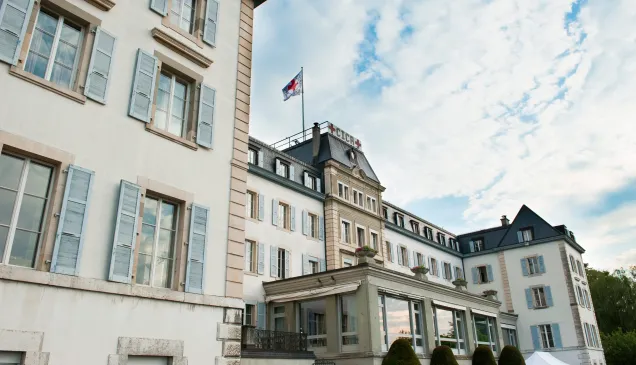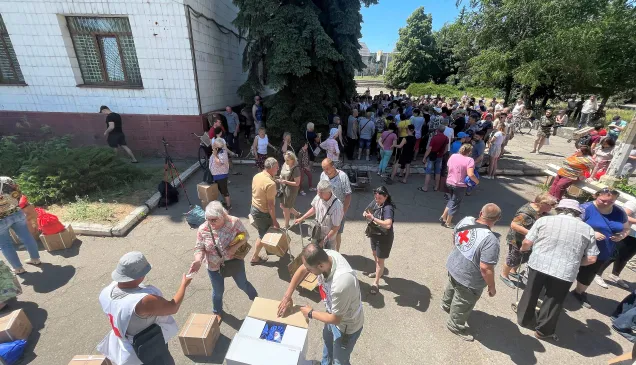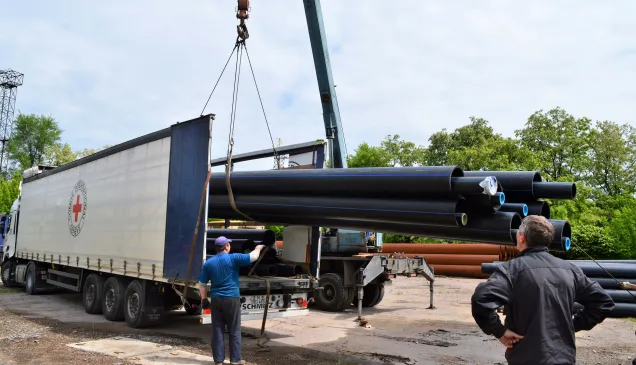Kiev / Donetsk – The International Committee of the Red Cross (ICRC) held a round-table discussion on 7 November in Donetsk with key stakeholders on searching for dead bodies and on collecting, examining and identifying them.
"Families of people who have gone missing as a result of the conflict cannot be abandoned in their search for their loved ones," said Dena Fisher, head of the ICRC office in Donetsk. "More coordination in this field is needed. As for the ICRC, we stand ready to lend our support and our expertise to help clarify the fate of missing people."
The round-table event brought together experts and investigators from local structures and services dealing with the search, collection, examination and identification of dead bodies. Volunteers from a non-governmental organization also took part. The participants discussed their respective roles and activities in the process, as well as some of the challenges they were facing. There was also a more in-depth discussion on technical and operational matters regarding proper treatment of the dead.
"Coordination needs to be stepped up to tackle the issue of the missing and improve the exchange of information," said ICRC forensic expert Maria Dolores Morcillo Mendez. "Crucially, for the families waiting for answers about their missing relatives, this will speed up the process."
The event followed on from a similar round-table discussion in Kiev on 2 October. With well over one thousand people still missing as a result of the conflict in eastern Ukraine, the ICRC is helping people trace their missing relatives and assisting the authorities in identifying remains. It is also providing training and technical assistance on both sides of the front line to forensic institutions and non-governmental organizations involved in searching for, recovering and identifying mortal remains.
For further information, please contact:
Matthias Weinreich, ICRC Kiev, tel: +380 67 509 42 06
Dena Fisher, ICRC Donetsk, tel: +380 987 326 418 / +380 664 349 559



